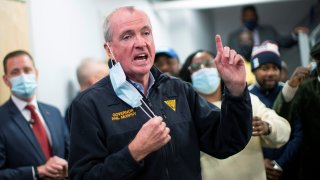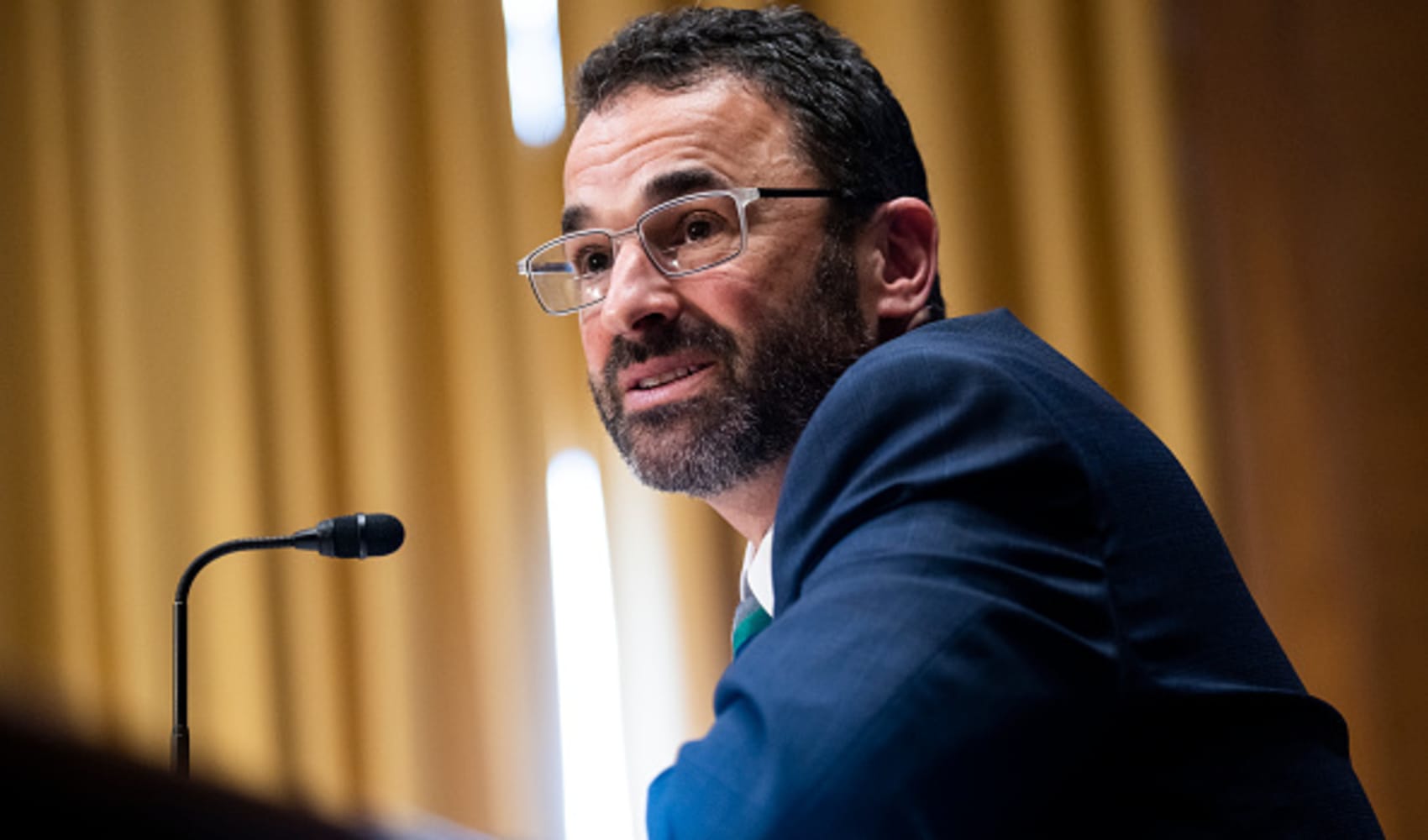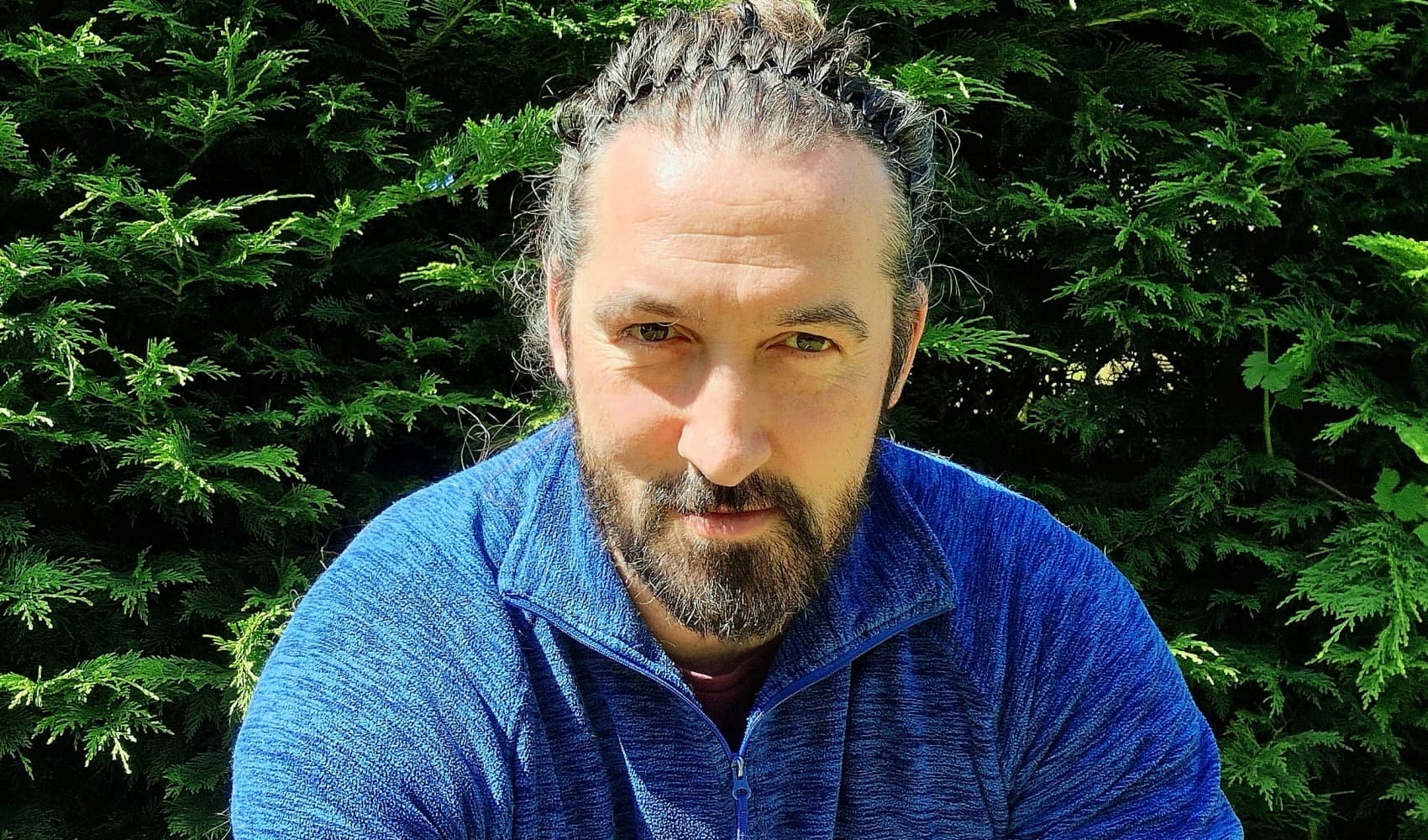
- New Jersey Gov. Phil Murphy re-declared a public health emergency Tuesday amid a surge of Covid-19 cases due to omicron.
- Murphy said the state is seeing nearly 35,000 new cases a day and in the past two weeks more than 10,000 residents have been hospitalized.
- The re-declaration allows him to exercise certain emergency powers, including mask mandates in schools.
New Jersey Gov. Phil Murphy reinstated a public health emergency Tuesday as hospitals struggle to keep up with an influx of patients as Covid cases soar amid an ongoing shortage of health-care workers.
The latest surge is driven by the rise of the fast-spreading omicron variant, which the Centers for Disease Control and Prevention has said accounts for about 95% of sequenced of Covid-19 cases in the U.S. Though vaccines, and particularly booster doses, offer statistical protection against severe disease and death, experts say the sheer volume of cases is overwhelming hospitals.
Murphy said the state is seeing nearly 35,000 new Covid cases daily and in the past two weeks more than 10,000 residents have been hospitalized.
Get DFW local news, weather forecasts and entertainment stories to your inbox. Sign up for NBC DFW newsletters.
The re-declaration allows the governor to exercise certain emergency powers, including mask mandates in schools.
Murphy said the renewed emergency declaration "won't even have any new impact at all" on the day-to-day lives of local residents.
Money Report
"This is what this does not mean," he said. "It does not mean any new universal mandates or passports. It does not mean lockdowns. It does not mean any business restrictions or gathering limits."
Half of the hospital beds at Newark's University Hospital are filled with patients diagnosed with Covid-19, some of whom were admitted for something else but tested positive afterward, hospital president Dr. Shereef Elnahal said in an interview on CNBC's "Squawk Box" on Wednesday.
But Elnahal said the Covid infection itself is not his biggest worry.
"I'm actually more worried about a health-care problem rather than a Covid-19 problem," Elnahal told CNBC's Becky Quick. "Right now, we're seeing our workforce demoralized. There isn't a light at the end of the tunnel that I can paint now as I did in the spring of 2020."
He said the industry is losing talented clinicians between the ages of 45 and 60, "often the most energetic and knowledgeable folks in the hospital." That's a problem that may actually outlast omicron, "which seems to have already plateaued at least in cases in the New York metro area."
Elnahal said almost 10% of his hospital's staff are out with Covid, pushing the hospital closer to a staffing crisis with "uncomfortable" ratios of workers to patients.
Elnahal said he'd like to see the government lay out a "clear definition" of the endgame when it comes to Covid-19.
"What case level will define the endemic case?" What does that mean for rules on the health-care system and what we can do, what we should avoid? How much capacity should we be creating? What is the guidance for health institutions that are going to be dealing with this pandemic but also the aftermath?" are some of the questions he wants answered.
WATCH: University Hospital CEO on Covid staffing crisis: Our workforce is demoralized






